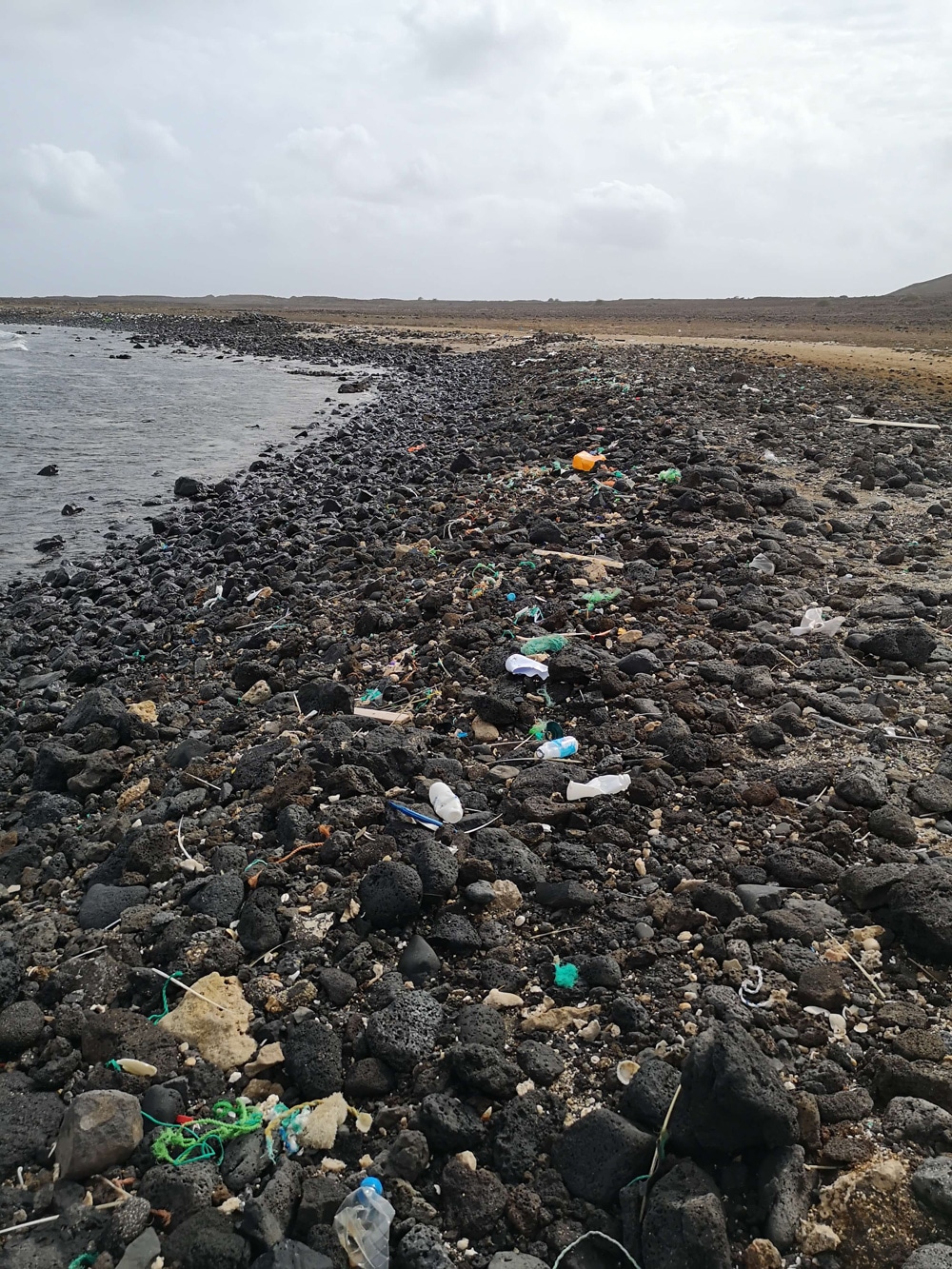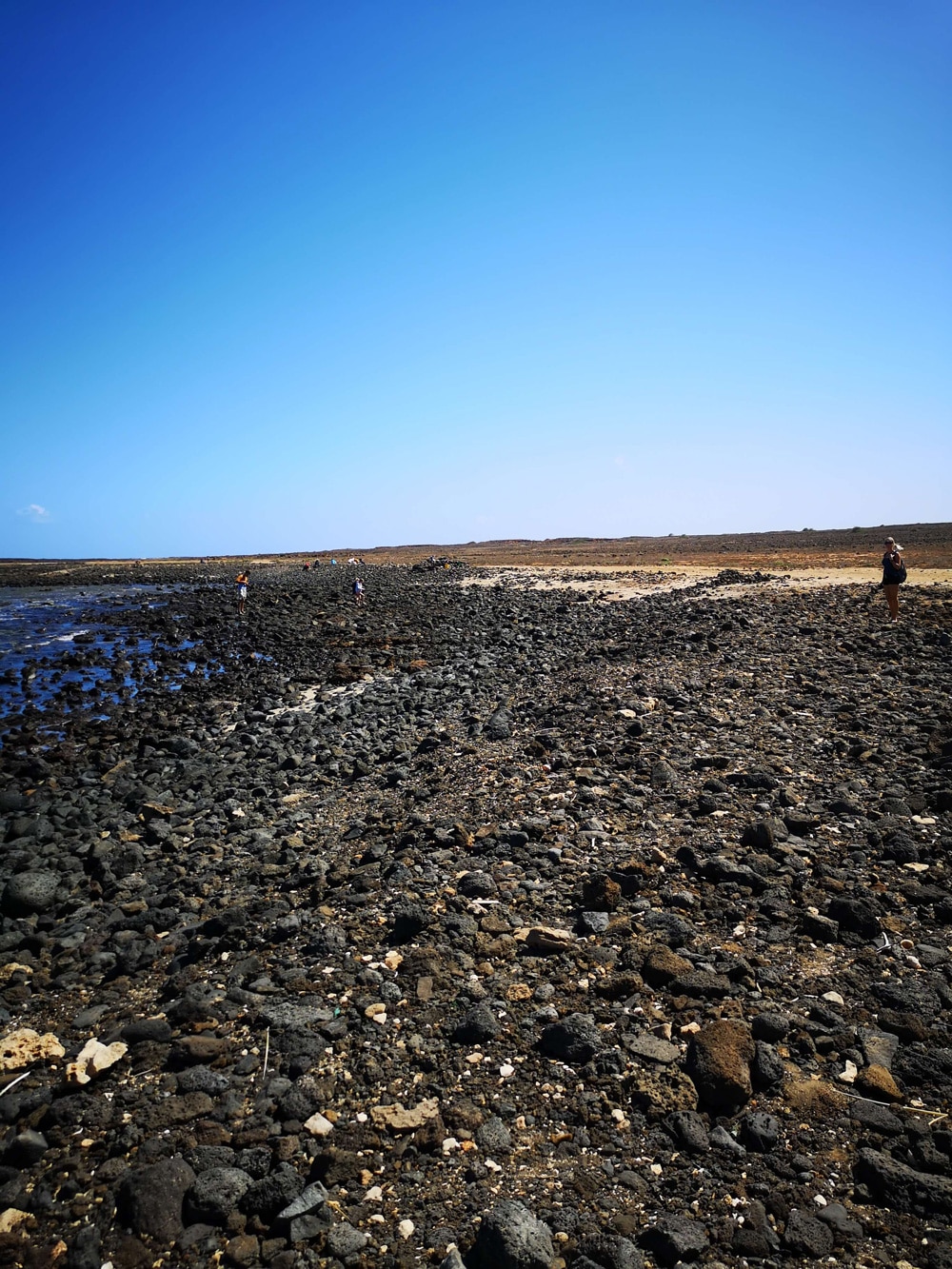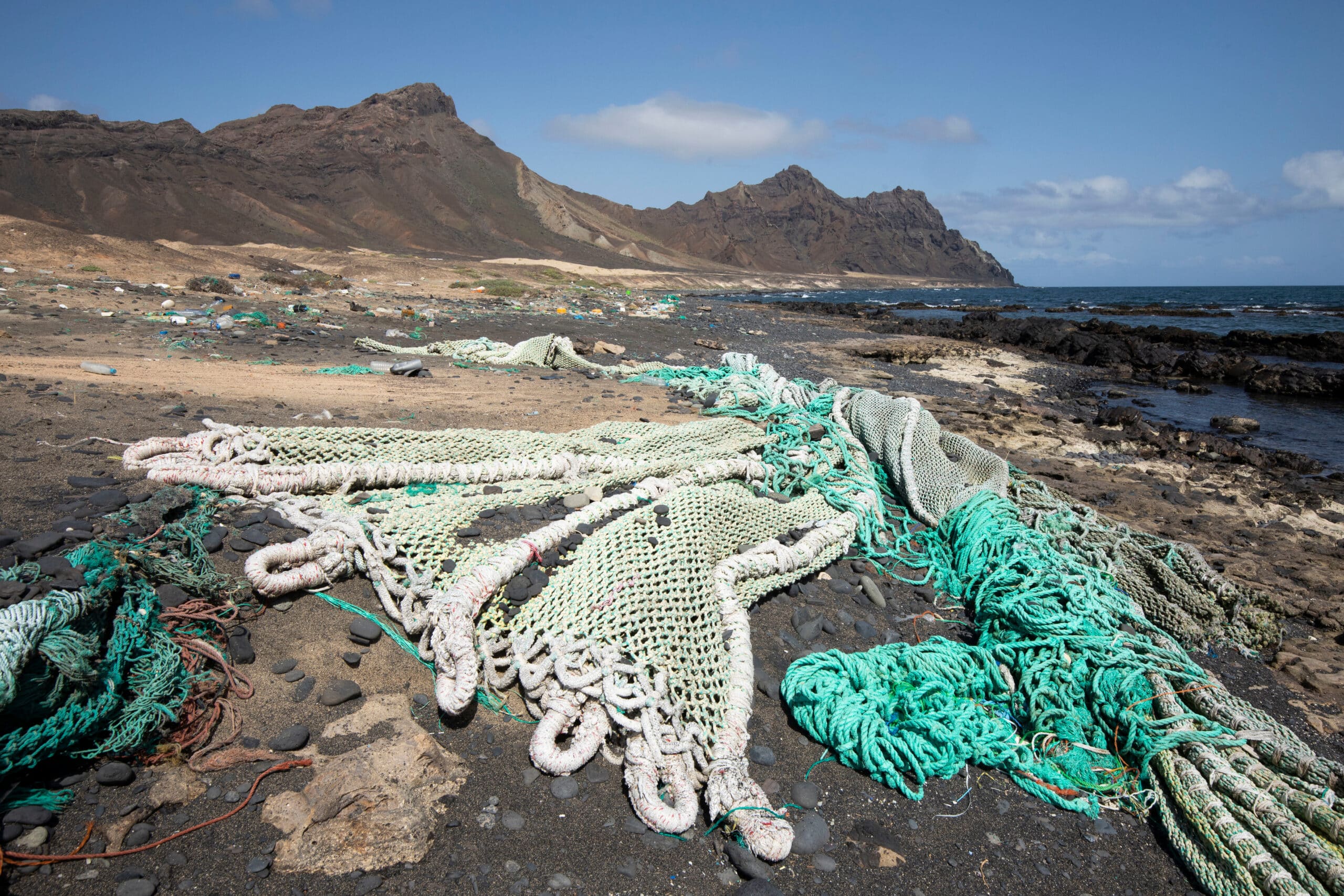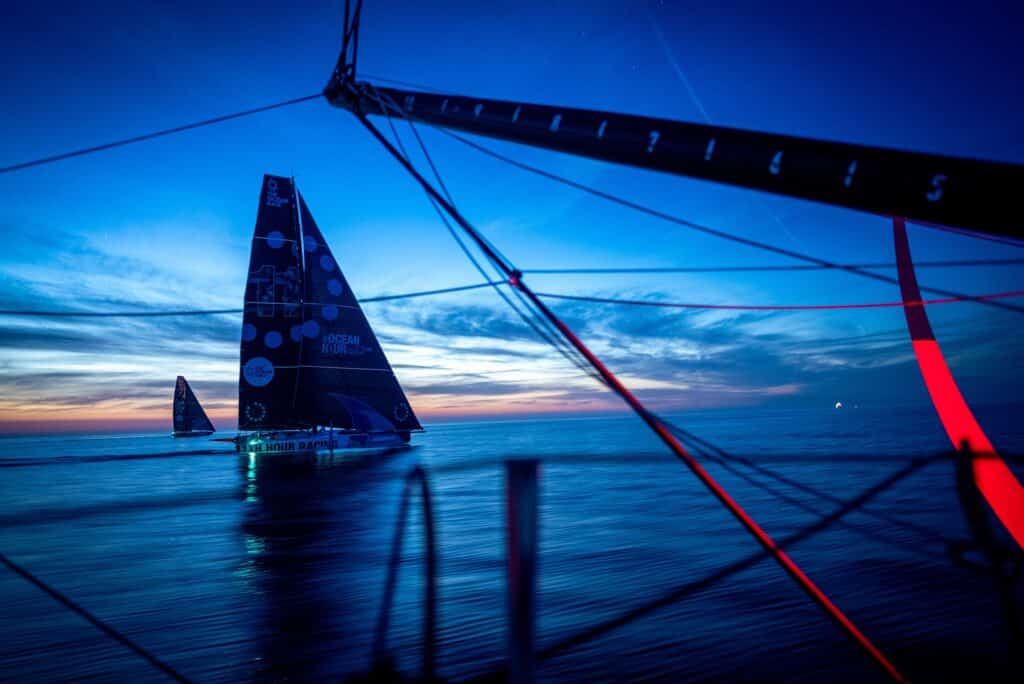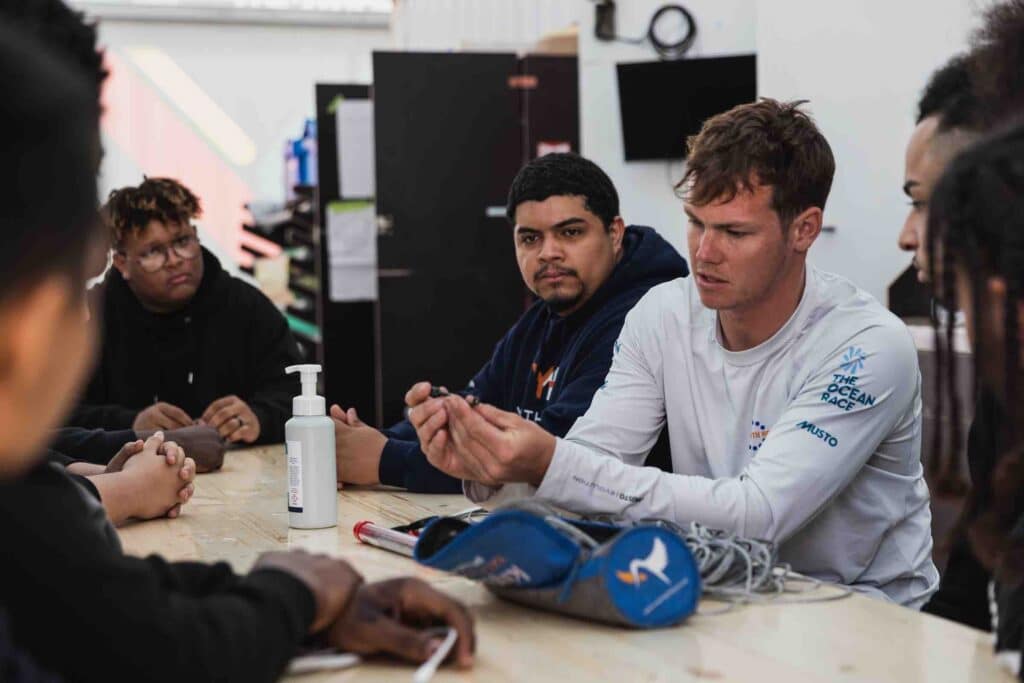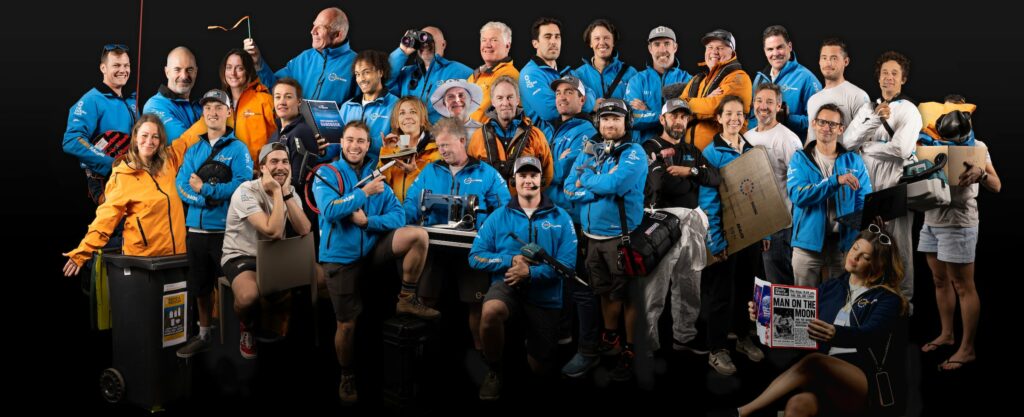THE POWER OF CONSERVATION AND RESTORATION
Biosfera
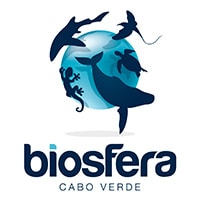
![]() São Vicente, Cabo Verde
São Vicente, Cabo Verde
![]() Website
Website
Biosfera, Cabo Verde Biosfera’s mission is to promote the conservation of coastal and marine species and their habitats and mobilize Cabo Verdean civil society to protect the environment.
Biosfera was founded back in 2006 on the Island of São Vincente by Tommy and José Melo, two nature lovers and activists. Biosfera’s initial mission was to prevent the widely held practice of killing native animals, and the consumption of shearwater bird chicks or loggerhead turtle eggs for food. The organization quickly realized there was another, much bigger threat to their island’s fragile ecosystem: the growing plastic pollution.
250+ tons of waste removed
FOUNDED IN
2006
200+ volunteers
The project: This grant focused on the restoration of the important nesting sites for the Loggerhead Sea Turtle in São Vicente. Initiatives included beach clean ups, primary and secondary school education programs, a local business campaign around single use items, and the development of reusable alternatives to single use plastic.
Our activation: Members of Biosfera and 11th Hour Racing Team participated in the first aquatic clean up in Mindelo. Using snorkels and dive equipment, half a ton of trash was collected and assessed in order to identify and address the source.
